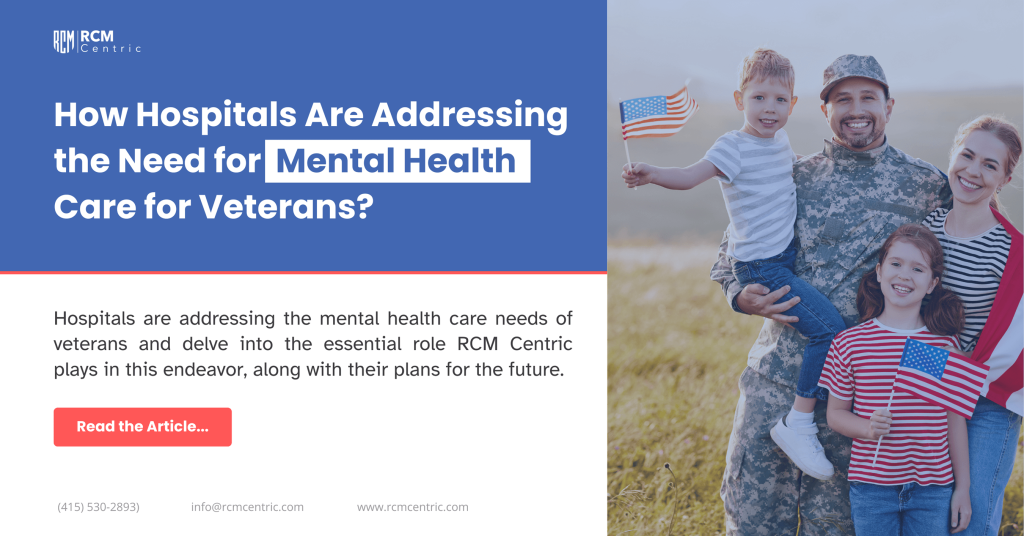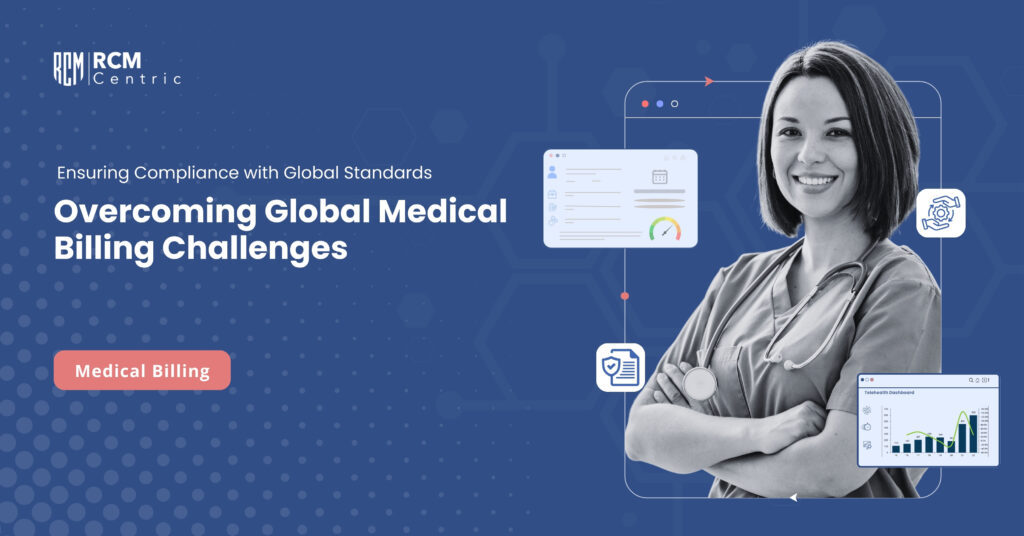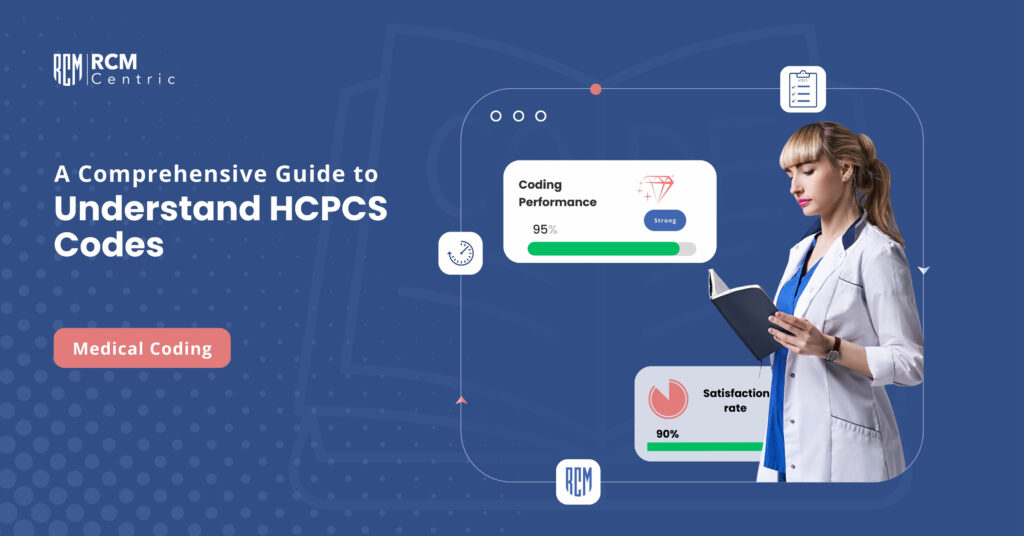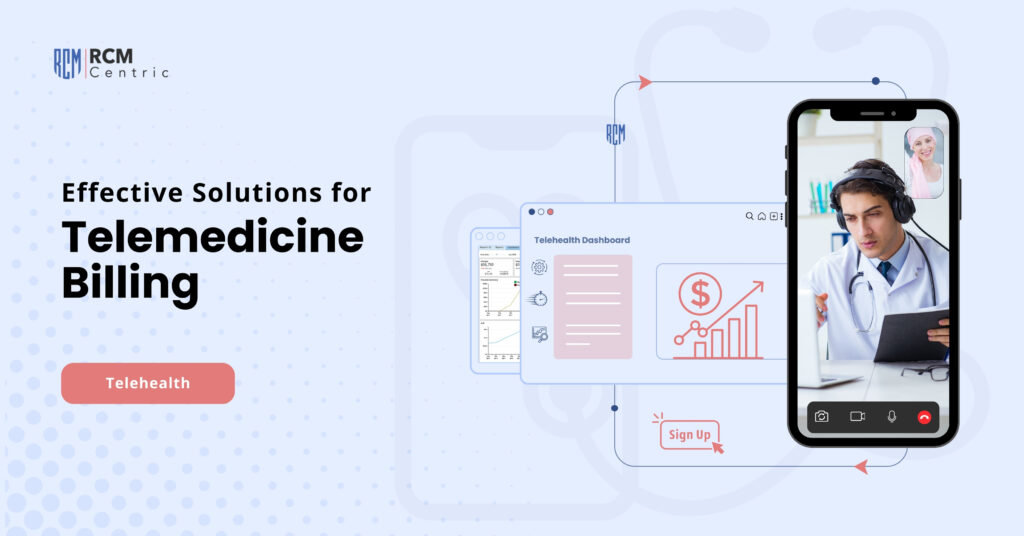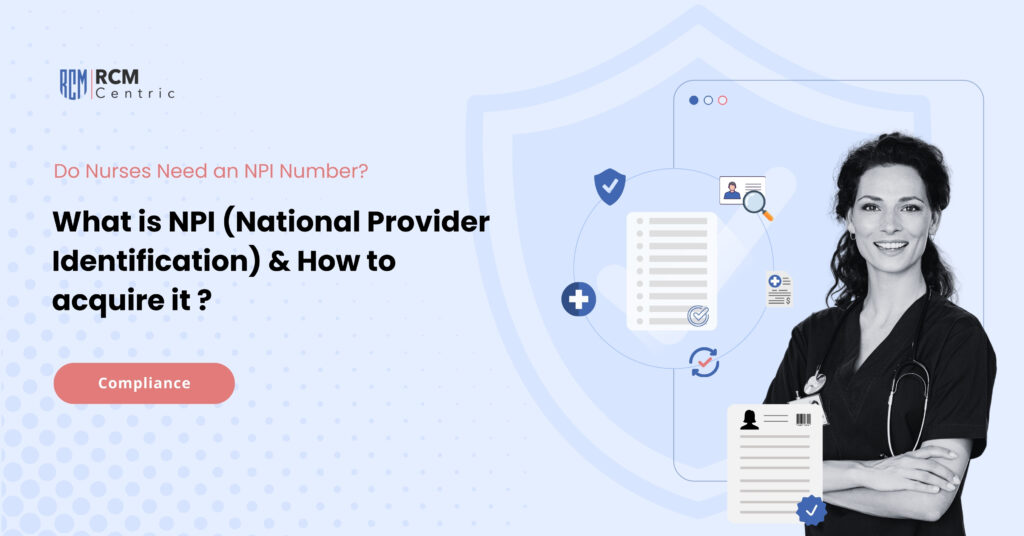The mental health needs of veterans have been a growing concern for healthcare providers and policymakers alike. Serving in the military often exposes individuals to traumatic experiences that can have lasting psychological effects. Recognizing this issue, hospitals and healthcare organizations have taken significant steps to provide specialized mental healthcare services for veterans.
In this article, we will explore how hospitals address veterans’ mental health care needs and delve into the essential role RCM Centric plays in this endeavor, along with their plans for the future.
The Growing Demand for Veteran Mental Health Care
Over the years, the United States has seen an increasing number of veterans returning from deployments with mental health challenges such as post-traumatic stress disorder (PTSD), depression, anxiety, and substance abuse issues. The demand for mental health care services tailored to the unique experiences of veterans has grown substantially.
Hospitals have recognized the urgency of addressing this issue and have developed specialized programs and services to meet the mental healthcare needs of veterans. These programs often involve collaboration with veterans’ affairs agencies, mental health professionals, and organizations like RCM Centric to manage their billing tasks and coordinate with various payers to process the payments.
The Role of Hospitals in Providing Veteran Mental Health Care
Hospitals across the nation have made significant strides in addressing the mental health care needs of veterans through the following initiatives:
Specialized PTSD Clinics: Many hospitals have established specialized clinics that focus on treating PTSD in veterans. These clinics offer evidence-based therapies, counseling, and support groups specifically designed for veterans dealing with trauma-related disorders.
Integrative Care: Hospitals are increasingly adopting an integrative approach to mental health care for veterans, combining traditional therapies with complementary and alternative treatments like yoga, meditation, and art therapy.
Telehealth Services: To reach veterans in remote areas or those who have difficulty accessing in-person care, hospitals have expanded their Telehealth offerings, providing veterans with convenient access to mental health professionals.
Military Cultural Competency Training: Mental health providers in hospitals are receiving training in military culture and the unique challenges faced by veterans, enabling them to better understand and address the specific needs of this patient population.
Collaboration with Veterans’ Affairs: Hospitals often collaborate closely with the Department of Veterans Affairs (VA) to ensure a seamless transition of care for veterans between the VA system and civilian healthcare providers.
Community Outreach Programs: Hospitals are actively involved in community outreach programs aimed at raising awareness of mental health issues among veterans and connecting them with appropriate care resources.
RCM Centric’s Role in Veteran Mental Health Care
RCM Centric, a leader in healthcare revenue cycle management and solutions, has recognized the critical importance of supporting veterans’ mental healthcare needs. Their involvement in this effort has been significant:
Billing and Insurance Services: RCM Centric plays a vital role in ensuring that veterans receive the necessary mental health care without the burden of complex billing and insurance processes. Their streamlined services help healthcare providers get reimbursed promptly, making it easier to offer affordable care to veterans.
Data Analytics: RCM Centric employs advanced data analytics to identify trends and opportunities for improving mental health care delivery to veterans. Their insights help hospitals tailor their services more effectively.
Financial Support: RCM Centric has been actively involved in fundraising initiatives to provide financial support to hospitals and organizations dedicated to veterans’ mental health care.
Educational Resources: The company offers educational resources and training to healthcare providers on billing, coding, and revenue management specific to veterans’ mental health services.
Advocacy: RCM Centric advocates for policies that support veterans’ access to mental health care and collaborates with government agencies to improve reimbursement rates and reduce administrative burdens.
Future Plans of RCM Centric
RCM Centric is committed to expanding its efforts in addressing the mental health care needs of veterans. Their future plans include:
Technology Integration: The company plans to integrate cutting-edge healthcare technology solutions to improve the efficiency and accuracy of billing processes, allowing healthcare providers to allocate more resources to patient care.
Telehealth Expansion: RCM Centric intends to further support Telehealth initiatives for veterans, making mental health care accessible to those in remote areas or with mobility limitations.
Research and Development: The company is investing in research and development to create innovative tools and resources that enhance the quality of mental health care for veterans.
Community Partnerships: RCM Centric will continue to forge partnerships with hospitals, veterans’ organizations, and community groups to strengthen the network of support available to veterans.
Advocacy Efforts: The company will persist in advocating for policies that prioritize mental health care for veterans and reduce administrative barriers.
Conclusion
The mental health care needs of veterans are a pressing concern that requires a collaborative effort from hospitals, healthcare organizations, and advocacy groups like RCM Centric. Hospitals are taking significant steps to provide specialized care, and RCM Centric’s role in supporting these efforts is indispensable. With their dedication to streamlining billing processes and advancing the cause of veteran mental health care, RCM Centric is poised to make a lasting impact on the well-being of our nation’s veterans, ensuring they receive the care and support they deserve. As we move forward, it is essential to recognize the importance of addressing this issue comprehensively and continuing to work toward a brighter future for our veterans’ mental health.

